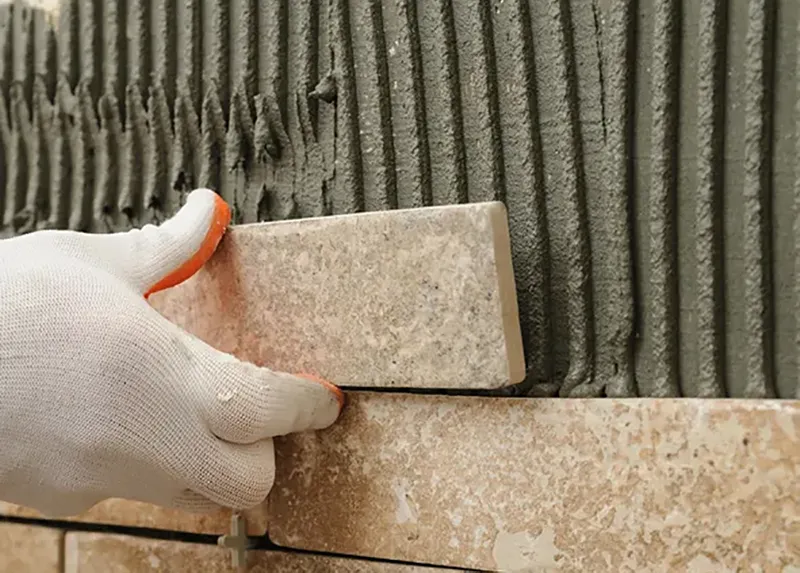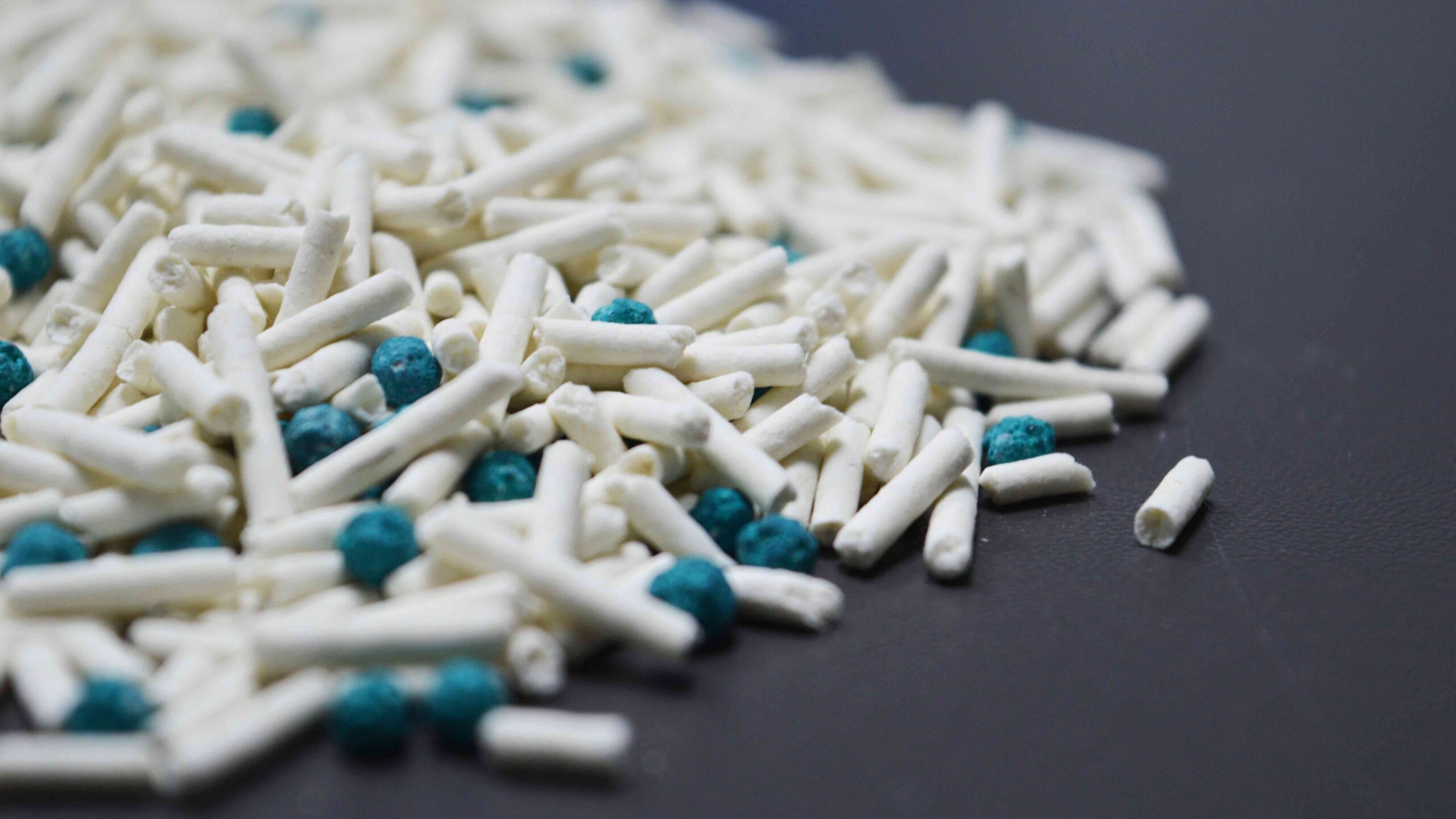Ⅰ. Introduction
In the modern coatings industry, there is a strong trend toward environmentally friendly, water-based formulations. This shift is driven by stricter environmental regulations, increased demand for sustainable construction materials, and growing consumer awareness of indoor air quality. Waterborne coatings not only reduce volatile organic compounds (VOC) emissions but also provide safer handling for applicators and end-users. However, formulating high-performance water-based coatings presents technical challenges, including maintaining viscosity control, pigment and filler suspension, and optimal film formation, particularly in high-solid and high-pigment systems.
Hydroxyethyl cellulose (HEC), a non-ionic cellulose ether, has emerged as a versatile additive that addresses these challenges. By modifying the molecular weight, degree of substitution, and surface characteristics, HEC can provide precise rheology control, enhance pigment suspension, improve film leveling, and increase water retention during drying. This versatility makes HEC a critical component in a wide range of applications, from architectural paints and decorative coatings to industrial and specialty coatings.
In addition to its technical benefits, HEC contributes to sustainable development goals in the coatings industry. By enabling high-solid formulations with lower VOC content, reducing waste from sedimentation, and enhancing coating durability, HEC supports both environmental compliance and economic efficiency. As regulations continue to tighten and market demand for high-performance, eco-friendly coatings grows, HEC stands out as a strategic additive for formulators seeking to deliver innovative, reliable, and sustainable products.
Ⅱ.Core Functions of HEC in paintings
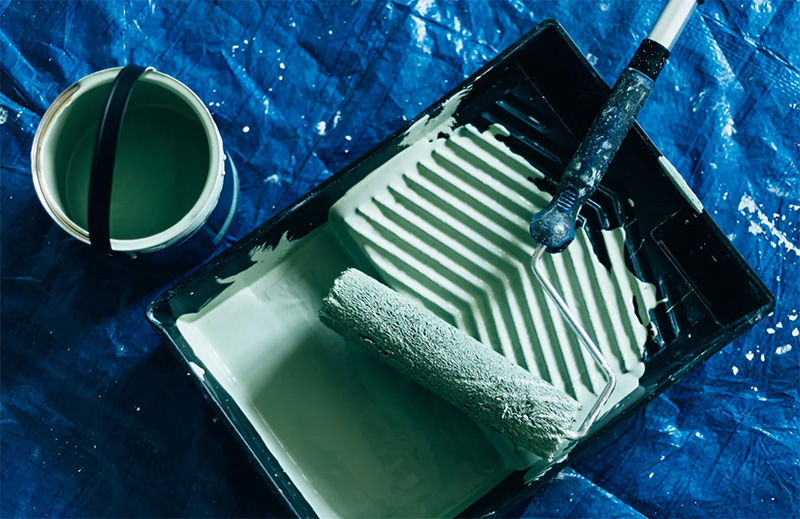
1. Rheology Control and Thickening
HEC provides precise control over viscosity and flow behavior, which is essential for achieving smooth application and uniform coating thickness. Its shear-thinning (pseudoplastic) behavior allows the coating to be easily spread with brushes, rollers, or spray equipment while preventing sagging on vertical or overhead surfaces.
Additional advantages:
- Enhanced workability: Coatings remain easy to apply across different ambient temperatures and environmental conditions.
- Consistent batch-to-batch performance: HEC ensures predictable viscosity even in large-scale production, reducing rework.
- Compatibility with additives: Works synergistically with dispersants, defoamers, and coalescing agents for optimal application.
2. Pigment and Filler Suspension
HEC improves the suspension of solid particles such as titanium dioxide, iron oxide, carbon black, and fillers like calcium carbonate and mica. This minimizes sedimentation and phase separation during storage, ensuring uniform color, opacity, and mechanical properties.
Additional advantages:
- High solids compatibility: HEC enables high-solid formulations without excessive viscosity increase.
- Extended shelf life: Maintains particle suspension for months, reducing waste.
- Mechanical property enhancement: Uniform distribution of fillers improves scratch resistance, hardness, and overall film integrity.
3. Application and Film Enhancement
HEC improves spreadability, leveling, and wet-edge retention, producing uniform, smooth films. This is critical for achieving high-quality finishes in decorative paints, wood coatings, and industrial coatings. In wood coatings, HEC minimizes brush marks and enhances clarity, while in textured or decorative paints, it supports consistent surface texture and high hiding power.
Additional advantages:
- Minimizes pinholes and micro-defects during drying.
- Improves adhesion and coalescence of latex particles.
- Supports a wide range of application methods: brush, roller, and spray.
4. Water Retention and Anti-Cracking
HEC’s hydrophilic nature allows it to retain water during film formation, ensuring controlled drying and reducing the risk of cracking, shrinking, and blistering. This property is particularly valuable for thick coatings, high-pigment paints, and coatings applied on porous substrates.
Additional advantages:
- Extended open time for applicators.
- Reduced surface defects in heavy-duty or decorative coatings.
- Improved film integrity, leading to longer-lasting performance and durability.
Ⅲ.Types of HEC: Surface-Treated vs Non-Surface-Treated
HEC can be classified into surface-treated and non-surface-treated types, which influence solubility, dispersion, and rheology in coatings.It is recommended to select the appropriate type of HEC based on performance requirements.
Type | Characteristics | Suitable Systems | Advantages |
Non-surface-treated HEC | No surfactant modification | General water-based paints | Cost-effective, stable, widely applicable |
Surface-treated HEC | Modified with surfactants | High solids, high pigment loading systems | Rapid dissolution, uniform dispersion, excellent application performance |
Ⅳ.Comparison between HEC and HPMC in Coatings
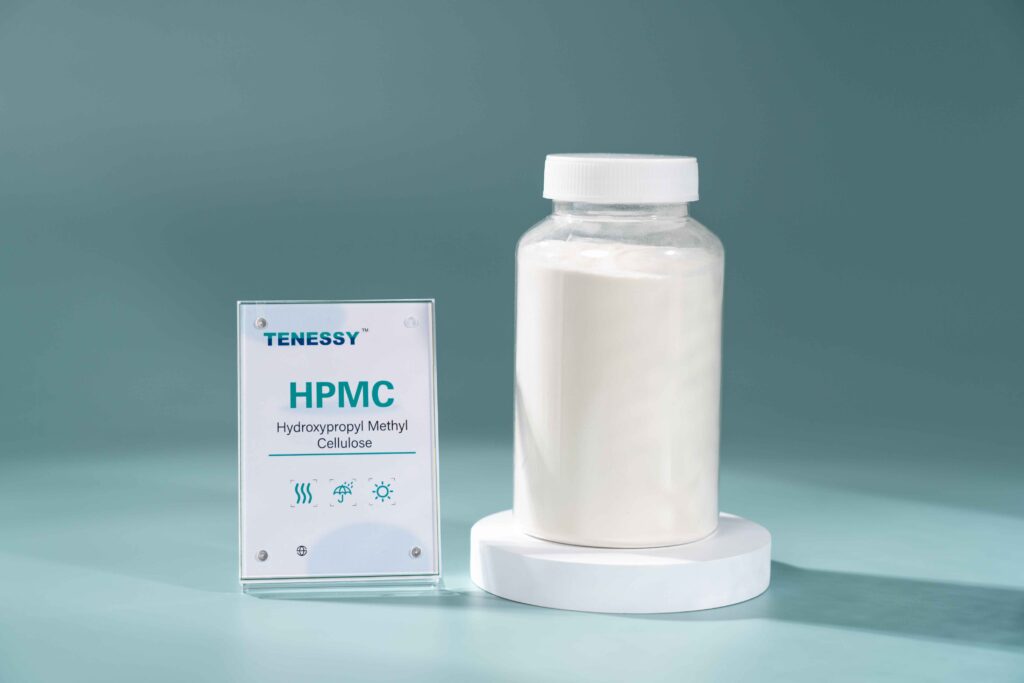
Hydroxypropyl methylcellulose (HPMC) is another cellulose ether widely used in coatings. While both HEC and HPMC act as thickeners, stabilizers, and rheology modifiers, HEC offers several distinct advantages that make it the preferred choice in many modern water-based coating formulations.
Property | HEC | HPMC |
Solubility | Cold water soluble; fast hydration | Cold water soluble; slower hydration |
Viscosity Range | Wide, easily adjustable by molecular weight | Moderate, narrower range |
Film Smoothness | Excellent leveling and surface finish | Good, but slightly less smooth |
Pigment Loading | High solid content and high pigment loading suitable | Moderate pigment load recommended |
Rheology Control | Excellent pseudoplasticity and sag resistance | Moderate, less flexible |
Application Performance | Brush, roller, and spray applications perform consistently | Suitable for general applications, but limited for high solids |
Cost | Moderate | Slightly higher |
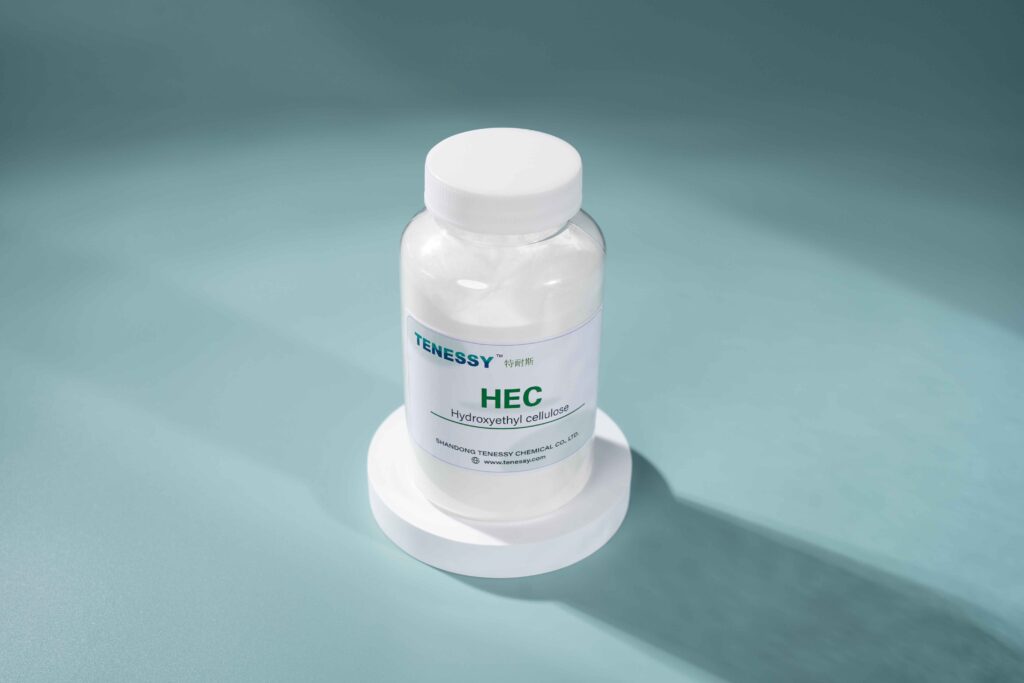
Key Advantages of HEC:
1.Rapid and Reliable Solubility
HEC dissolves quickly in cold water, allowing efficient formulation and production. HPMC hydrates more slowly, extending mixing times for high-solid formulations.
2.Wide Viscosity Control and Rheology Optimization
HEC’s viscosity can be precisely tuned via molecular weight and substitution degree. Its pseudoplastic behavior ensures good sag resistance during application while maintaining smooth flow, crucial for high-solid paints and decorative coatings.
3.Excellent Film Quality and Leveling
HEC enhances surface smoothness and leveling, producing films that are uniform, glossy, and aesthetically appealing, especially in wood coatings and high-pigment formulations.
4.High Solid Content and Pigment Loading Capability
HEC performs well in high solids and high pigment load formulations, maintaining stability and suspension without excessive viscosity increase. HPMC is generally less suitable for these demanding systems.
5.Versatile Application Performance
HEC is compatible with various application methods including brushing, rolling, and spraying, ensuring consistent results across different construction techniques.
While both HEC and HPMC are useful cellulose ethers for coatings, HEC’s rapid solubility, wide viscosity range, superior rheology, high pigment compatibility, and excellent film quality make it the preferred choice for high-performance water-based coatings.
Ⅴ.Conclusion
Hydroxyethyl cellulose (HEC) is a versatile and indispensable additive in water-based coatings. Its functions in viscosity control, pigment suspension, application improvement, and film quality enhancement make it ideal for modern waterborne formulations. By understanding the differences between surface-treated and non-surface-treated types, and recognizing HEC’s advantages over HPMC, coating formulators can optimize performance, improve application, and enhance final film properties while maintaining environmental compliance.
As a leading cellulose ether manufacturer, TENESSY is committed to providing high-quality HEC tailored for diverse coating applications. With our advanced production capabilities, technical support, and custom formulation expertise, TENESSY helps coating manufacturers achieve superior performance, reliable application, and sustainable solutions. Choose TENESSY HEC to unlock the full potential of your water-based coatings.


